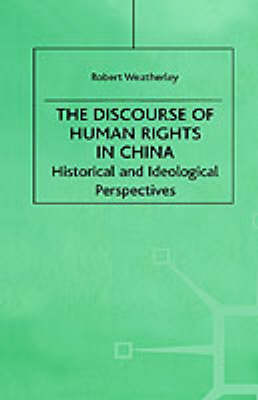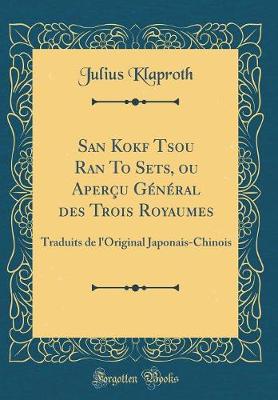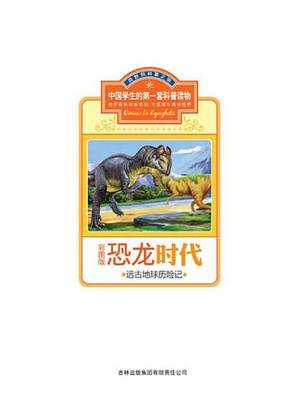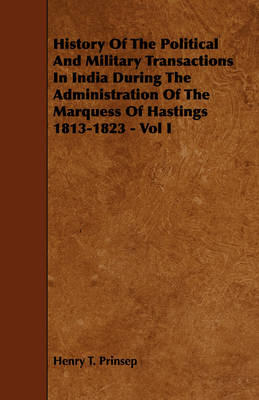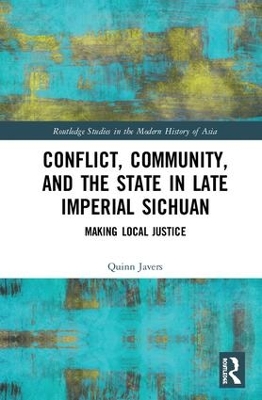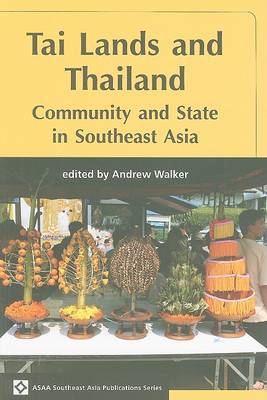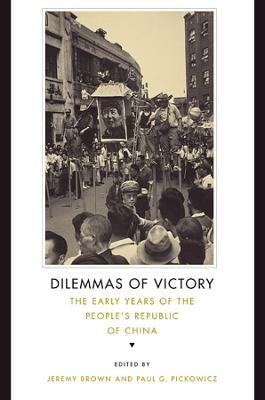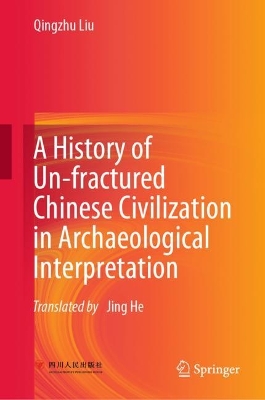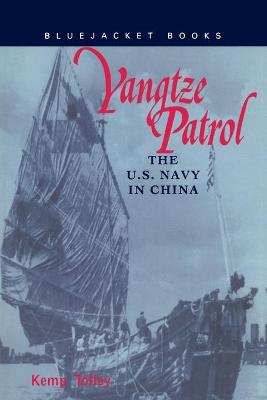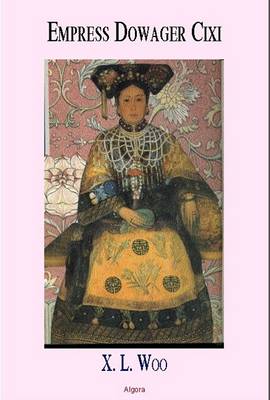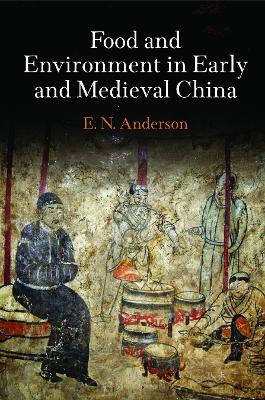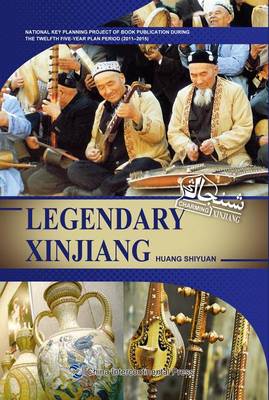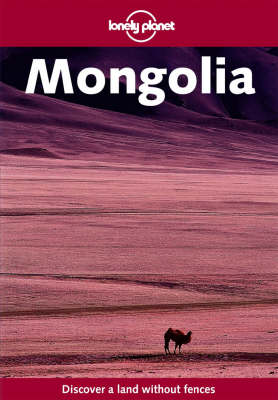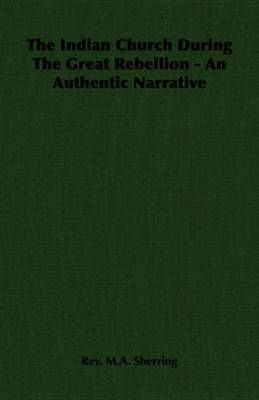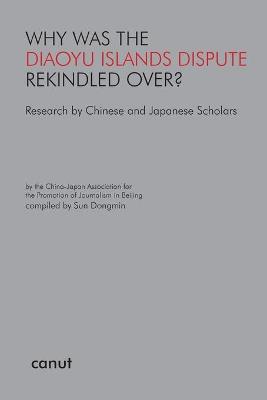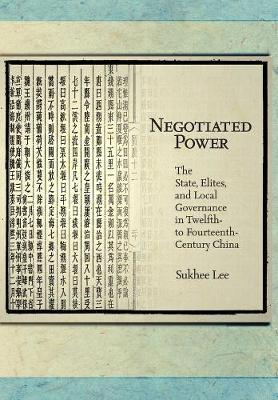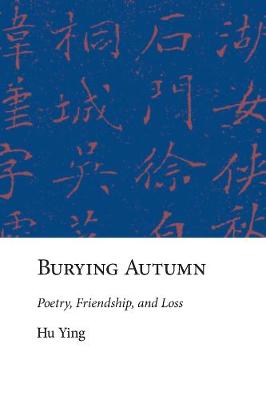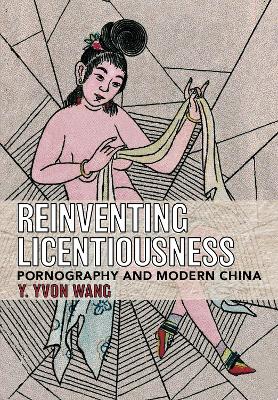This book examines the contentious subject of human rights in China. However, in contrast to the majority of the literature which focuses on alleged Chinese abuses of human rights, the author examines the emergence and evolution of a Chinese conception of rights, paying attention to the impact of Confucianism, Republicanism, and Marxism on this conception. It is suggested that the joint influence of these doctrines helps to explain, among other things, the contemporary emphasis attached to socio...
San Kokf Tsou Ran to Sets, Ou Apercu General Des Trois Royaumes
by Julius Klaproth
History Of The Political And Military Transactions In India During The Administration Of The Marquess Of Hastings 1813-1823 - Vol I
by Henry T Prinsep
Conflict, Community, and the State in Late Imperial Sichuan (Routledge Studies in the Modern History of Asia)
by Quinn Javers
Exploring local practices of dispute resolution and laying bare the routine role of violence in the late-Qing dynasty, Conflict, Community, and the State in Late Imperial Sichuan demonstrates the significance of everyday violence in ordering, disciplining, and building communities. The book examines over 350 legal cases that comprise the "cases of unnatural death" archival file from 1890 to 1900 in Ba County, Sichuan province. The archive presents an untidy array of death, including homicides,...
Tai Lands and Thailand (ASAA Southeast Asia) (ASAA Southeast Asia Publications)
Studies of the Tai world often treat state and community as polar opposites: the state produces administrative uniformity and commercialization while community sustains tradition, local knowledge, and subsistence economy. This assumption leads to the conclusion that the traditional community is undermined by the modern forces of state incorporation and market penetration. States rule and communities resist. Tai Lands and Thailand takes a very different view. Using thematic and ethnographic studi...
Dilemmas of Victory
This illuminating work examines the social, cultural, political, and economic dimensions of the Communist takeover of China. Instead of dwelling on elite politics and policy-making processes, Dilemmas of Victory seeks to understand how the 1949-1953 period was experienced by various groups, including industrialists, filmmakers, ethnic minorities, educators, rural midwives, philanthropists, stand-up comics, and scientists.A stellar group of authors that includes Frederic Wakeman, Elizabeth Perry,...
A History of Un-fractured Chinese Civilization in Archaeological Interpretation
by Qingzhu Liu
This book presents an archeological interpretation of the history of Chinese civilization. Tracing back from recent history to the distant past, it explores the breadth of Chinese civilization. Using archeological remains and cultural relics as starting points and approaching the cultural dimension from material perspectives, it presents a panoramic view of China’s civilizational continuity, together with its ideological and cultural characteristics. Featuring a wealth of illustrations (includin...
The U.S. Navy's patrol of the Yangtze River began in 1854 when the USS Susquehanna was sent to China to safeguard increasing American commerce in the region. As Kemp Tolley explains in this entertaining history of the patrol in which he was to later serve, the presence of gunboats along the river greatly benefited the integrity of the shoreline factories. Tolley was a young naval officer in the 1930s when assigned gunboat duty, first in the Mindanao, then in the Tutuila, and finally the Wake in...
Food and Environment in Early and Medieval China (Encounters with Asia)
by E. N. Anderson
Chinese food is one of the most recognizable and widely consumed cuisines in the world. Almost no town on earth is without a Chinese restaurant of some kind, and Chinese canned, frozen, and preserved foods are available in shops from Nairobi to Quito. But the particulars of Chinese cuisine vary widely from place to place as its major ingredients and techniques have been adapted to local agriculture and taste profiles. To trace the roots of Chinese foodways, one must look back to traditional food...
Global Shanghai, 1850-2010 (Asia's Great Cities) (Asia's Transformations)
by Jeffrey N Wasserstrom
This book explores the play of international forces and international ideas about Shanghai, looking backward as far as its transformation into a subdivided treaty port in the 1840s, and looking forward to its upcoming hosting of ChinaOCOs first WorldOCOs Fair, the 2010 Expo.
Mongolia (Lonely Planet Country Guides) (Lonely Planet Travel Survival Kit)
by Robert Storey
Contains the only comprehensive guide to the country; fascinating historical, cultural and political background; special sections on gers and the nadaam festival; how to get around by horse, jeep, minivan, public transport and mountain bike; great accommodation options.
The Indian Church During the Great Rebellion - An Authentic Narrative
by REV M a Sherring
Negotiated Power (Harvard East Asian Monographs (HUP)) (Harvard East Asian Monographs)
by Sukhee Lee
The internal dynamics driving the relationship between the state and local society during the Southern Song and Yuan dynasties has both captivated and baffled scholars. In this book, Sukhee Lee posits an alternative understanding of the relationship between the state and social elites in the middle period of Chinese imperial history. Directly challenging the assumption of a zero-sum competition between the power of the state and that of local elites, Negotiated Power shows in vivid detail how st...
Burying Autumn (Harvard East Asian Monographs (HUP)) (Harvard East Asian Monographs, #391)
by Ying Hu
"Autumn wind, autumn rain, fill my heart with sorrow"-these were the last words of Qiu Jin (1875-1907), written before she was beheaded for plotting to overthrow the Qing empire. Eventually, she would be celebrated as a Republican martyr and China's first feminist, her last words committed to memory by schoolchildren. Yet during her lifetime she was often seen as eccentric, even deviant; in her death, and still more in the forced abandonment of her remains, the authorities had wanted her to disa...
Reinventing Licentiousness navigates an overlooked history of representation during the transition from the Qing Empire to the Chinese Republic—a time when older, hierarchical notions of licentiousness were overlaid by a new, pornographic regime. Y. Yvon Wang draws on previously untapped archives—ranging from police archives and surveys to ephemeral texts and pictures—to argue that pornography in China represents a unique configuration of power and desire that both reflects and shapes historic...
Reference Material on North China ( Hopei and Shantung Provinces ) Available in the Washington Libraries Listed Below

